I spent time this week with a client afforded feedback that left them less than motivated or inspired to continue working on a designated project. The summary of our dialogue inspired this blog. If ‘Feedback is a gift’ as Ken Blanchard attests in the ‘The One Minute Manager’, then why do so many of us want a refund, or wish to re-gift it straight after it’s been given? The answer I believe lies in exploring - ‘how’ the feedback was given; rather than pondering too long on ‘what’ specifically was said. How feedback is afforded often differentiates whether we perceive it to be of value, or quite frankly put – just ‘an elephant to the head’, something that negatively weighs on your mind.
Appreciative Inquiry; How not to deliver an elephant!
I always endeavour to enable people to develop and grow through reflection. This means I am genuinely interested in discovering ‘why’ people make the decisions that they do; when they do. This interest has encouraged me to use Appreciative Inquiry (AI) when I need to solicit information, evoke change, provide feedback or afford advice.
AI: My definition
According to the English Oxford Living Dictionaries:
Appreciate [verb] means to:
‘Recognise the full worth of; understand (a situation) fully; grasp the full implications of; rise in value or price’.
Inquiry [noun] is defined as:
‘Another word for enquiry: An act of asking for information’.
That means that by adopting an AI approach to a situation I seek to: ‘Recognise the worth of a person, by asking for information that will enable me to fully grasp and understand their perspective’. I find that AI focuses my attention on understanding their ‘why’ and their perspective. ‘Why’ an individual took a certain approach, or made the decisions that they did.
When I don’t use inquiry, I find my dialogue is often loaded with accusations, personal opinion or a summation of events. To avoid giving elephants, I use inquiry to stimulate curiosity, curiosity to stimulate conversation and conversation to share perspective and uncover intent.
Appreciative Inquiry in action!
Let’s look at AI in action and explore the concept further.
AI in action: A personal approach
Scenario: It’s 9am Sunday morning; family ‘team talk time’ (a chance to clarify and establish the day’s agenda). The husband announces that he is headed to the garage to work on his car. Estimated time allocation: 2 hours. Ecstatic the wife announces that she too has a project which should take roughly the same time period. With the schedule established, both agree to start lunch preparations and open a bottle of wine in just over 2 hours.
Time lapses; 3.5 hours pass. The wife recognising that she has not heard from her husband heads to the garage to investigate. Adopting an AI approach the conversation would commence like this:
‘How interesting, three and a half hours have passed on your two hour job; are you charging me overtime? What happened?’ [Said with a smile and a laugh!]
If the scenario were to continue and the story unfold, the wife would soon learn that once the husband started, a situation occurred causing an unavoidable deviation. The time extension needed absolutely made sense once explained.
By adopting an AI approach rather than commencing with opinion, you are encouraging conversation and affording the opportunity to understand another’s perspective. When provided an honest answer, you should never reward it with defensive discourse, sending the receiver into a fight-or flight response. If you are genuinely curious regarding a situation, you will see an ‘elephant on the head’ as an opportunity to explore and build stronger relationships.
But what about in the workplace; does AI achieve the same result?
AI in action: A professional approach
Scenario: Your direct report has a business plan variation that you both agreed would be finalised and on your desk by 1pm. It is now 2pm and there is no sign of the report, or a response from your colleague. Adopting an AI approach you would inquire:
‘How are you? I was worried. You are always on time and your variation was due an hour ago. I can only imagine what must have happened; do tell me.’
Assuming a relationship built on trust and respect, the response afforded to you would allow you to use your leadership capabilities to determine an appropriate course of action and response. Too often we are quick to jump to conclusions, not allowing others an unbiased right of reply. By deciding to approach conversations from an AI perspective, you are less likely to postulate, steer a conversation and prompt a response.
AI in action: Evoking organisational change
AI is also used to improve teams and organisations. By following the 4-I model, a powerful process of collaboration, creativity, inquiry and appreciation unfurls.
A team nominates an ‘affirmative topic of inquiry’ (such as generating raving fans; inspiring fanatical loyal customers; generating fiscal boners, outrageously exceeding expectations) then applies the model. Adopting this approach a team swiftly shifts perspective from deficits to strengths.
Inquire what is working well – explore and highlight areas of current or past peak performance; appreciate the best of “what is”. Understand and be clear on the capabilities that got you to there and just what great looked like.
Imagine “what might be” – what compelling possibilities are you able to envision? If everyone in the organisation were operating at peak performance what possibly could be? It’s time now to ask, imagine and dream.
Innovate to make it happen; “what should be” – create ‘provocative propositions’ or ‘possibility statements’ identifying what it would look like if you were doing more of your “bests”. Establish your vision for the future and share it with the team.
Implement and navigate change – set the compass and gain momentum; plan and realise strategies that bring every vision to fruition.
When to adopt an AI approach
The benefits of AI are numerous. You should reach for an AI toolbox when:
- You want to encourage curiosity; rather than accusation and debate
- You want to focus attention on planning to achieve positive change
- You are seeking to evaluate a project or service
- Your teams need connection, deeper insight or inspiration
- You need to resolve conflict, share perspective and intent
- You require complex thinking to address problems you can’t seem to solve
The secret of AI lies in asking powerful questions
Volt, Brown & Issacs in their book ‘The Art of Powerful Questions: Catalyzing Insight, Innovation and Action’ outline a series of questions to explore depending on your purpose of inquiry. Using them as a framework really guides and stimulates thinking, allowing you to explore possibilities and play.
Questions for focusing attention
- What question, if answered, could make the most difference to the future of (your situation)?
- What’s important to you about (your situation) and why do you care?
- What draws you/us to this inquiry?
- What’s our intention here? What’s the deeper purpose (the big “why”) that is really worthy of our best effort?
- What opportunities can you see in (your situation)?
- What do we know so far/still need to learn about (your situation)?
- What are the dilemmas/opportunities in (your situation)?
- What assumptions do we need to test or challenge here in thinking about (your situation)?
- What would someone who had a very different set of beliefs than we do say about (your situation)?
Questions for connecting ideas and finding deeper insight
- What’s taking shape? What are you hearing underneath the variety of opinions being expressed?
- What’s in the center of the table?
- What’s emerging here for you? What new connections are you making?
- What had real meaning for you from what you’ve heard? What surprised you? What challenged you?
- What’s missing from this picture so far? What is it we’re not seeing? What do we need more clarity about?
- What’s been your/our major learning, insight, or discovery so far?
- What’s the next level of thinking we need to do?
- If there was one thing that hasn’t yet been said in order to reach a deeper level of understanding/clarity, what would that be?
Questions that create forward movement
- What would it take to create change on this issue?
- What could happen that would enable you/us to feel fully engaged and energised about (your situation)?
- What’s possible here and who cares? (Rather than “What’s wrong here and who’s responsible?”)
- What needs our immediate attention going forward?
- If our success was completely guaranteed, what bold steps might we choose?
- How can we support each other in taking the next steps? What unique contribution can we each make?
- What challenges might come our way and how might we meet them?
- What conversation, if begun today, could ripple out in a way that created new possibilities for the future of (your situation)?
- What seed might we plant together today that could make the most difference to the future of (your situation)?
Vogt, E., Brown, J., and Issacs, D. (2003). The Art of powerful questions: Catalyzing insight, innovation, and action. Whole Systems Associates: Mill Valley, CA
Adopt an appreciative philosophy
If the old adage is true that ‘what you focus on becomes your reality’, AI supports the argument that you gain more from building on strengths, than you do from spending too long contemplating and igniting challenges. In all parts of life, society, organisation or teams, something works. With reality created in a moment and you its designer, you are better to inquire, imagine, innovate and soar; than to remain static, jump to conclusion, debate and demoralise.
“We evolve in whatever direction we collectively, passionately and persistently ask questions about” - E. H. Kessler
Give the gift of appreciation, creativity and collaboration…. inquire and explore…that way you are less likely to be accused of giving ‘elephants’.
If you loved the article be sure to hit ❤ and share, so that your friends can enjoy it too! Better still.....leave us a comment below!














